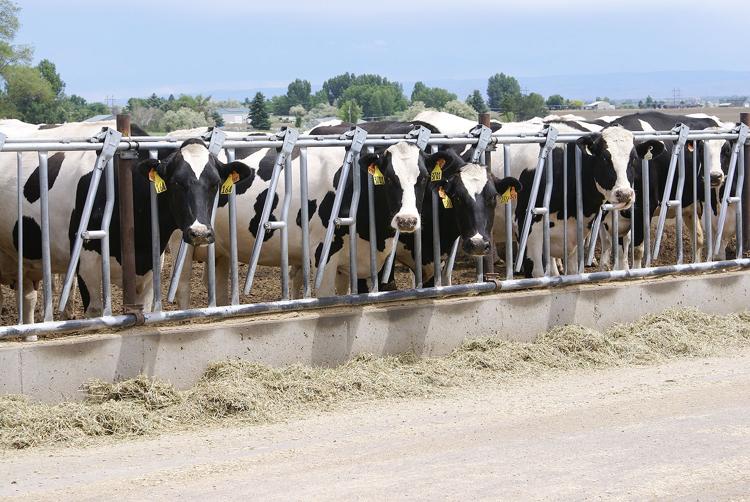One of the biggest agricultural sticking points between the U.S. and Canada was dairy. U.S. Trade Representative Robert Lighthizer said that he will ensure Canada will live up to its promise for dairy reforms.
That sentiment is backed by U.S. Dairy Export Council (USDEC) CEO and former Secretary of Agriculture Tom Vilsack.
“He needs to keep a close eye on the Canadians because what they have announced and what they intend to do with reference to these tariff quotas does not appear to us to be consistent with the spirit of the letter of the USMCA.”
In June, both USDEC and the National Milk Producers Federation (NMPF) criticized Canada’s allocation of tariff-rate quotas under the agreement. Vilsack said the goal of USMCA was to open the market to U.S. products for retail and the food chain.
“It appears as if the Canadians are trying to steer these quotas into the current system that provides for a limited number of purchasers of products who don’t potentially need the product that we are now having a greater access for. The result would mean potentially fewer sales anticipated.”
The Dairy Export Council and NMPF are asking the U.S. government to hold Canada accountable to enforce USMCA provisions as they were intended.
“There’s demand out there for our product, but if we have to funnel it through the existing system, essentially we don’t necessarily get our product sold in the levels we think they’ve been called for. This is a wake-up call—this is an opportunity for us to see how the USMCA is different than NAFTA in the sense that there is a provision that allows our government to call into question the performance and implementation.”
The dairy industry is looking for business opportunities across the world. However, Vilsack said there is an air of caution within the industry on USMCA.
“The bottom line here is that we’re excited about the implementation of USMCA,” he said. “We think that if it’s implemented as intended, it will result in additional market access. It’s important to keep an eye on our Canadian friends because they’ve done this before with other trade agreements where they’ve redefined the implementation stage in agreement which gives us less access than we thought.”













